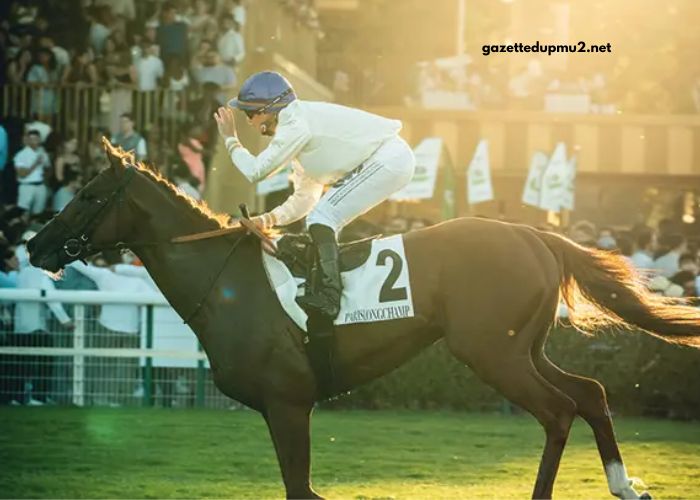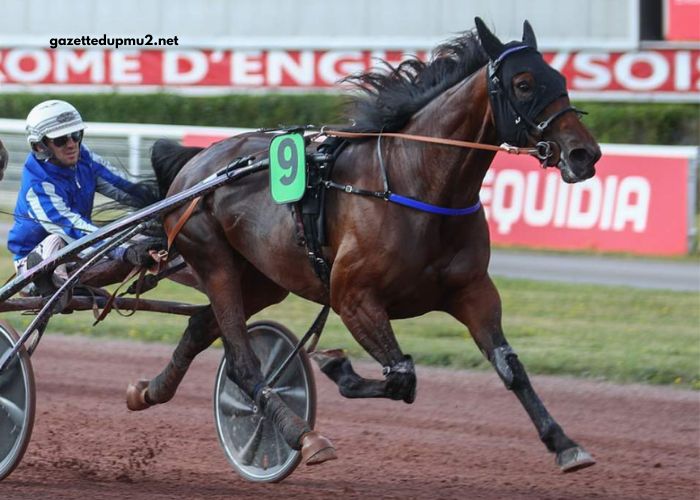The world of showbiz, short for show business, has always been a captivating and transformative realm. It’s a place where creativity, talent, and innovation converge to entertain and inspire. Over the years, showbiz has evolved significantly, reflecting the changing tastes, technologies, and societal shifts of each era. In this article, we embark on a journey through the annals of entertainment, exploring the fascinating evolution of showbiz.
The Early Days of Showbiz: Vaudeville and Theater
Showbiz as we know it today has its roots in the vaudeville acts and theater productions of the 19th century. Vaudeville shows, a diverse blend of music, comedy, and variety acts, were a mainstay of entertainment in the United States during this period. These shows were typically family-friendly, providing a night of laughter and song for audiences of all ages.
Theater, on the other hand, had a more refined and scripted appeal. Shakespearean plays, tragedies, and melodramas were the talk of the town. The theater was where great actors and actresses earned their reputations, and it was often considered the pinnacle of showbiz.
The Silent Film Era: The Birth of Cinema
The early 20th century witnessed a monumental shift in showbiz with the advent of silent films. The Lumière Brothers’ first public screening of a motion picture in 1895 in Paris marked the beginning of an era that would revolutionize entertainment. Silent films became a global phenomenon, attracting both audiences and budding filmmakers.
Pioneers like Charlie Chaplin, Buster Keaton, and Clara Bow became household names during this era. These actors used their physicality and facial expressions to convey emotion, making silent films a unique form of artistic expression. The films were accompanied by live music, adding to the immersive experience.
The Golden Age of Hollywood: Glamour and Stardom
The 1930s and 1940s are often referred to as the Golden Age of Hollywood. This period saw the rise of the major studios like MGM, Warner Bros., and Paramount, which produced iconic films and established the star system. Actors like Humphrey Bogart, Marilyn Monroe, and Katharine Hepburn became legendary figures, their names synonymous with glamour and stardom.
Hollywood’s influence extended beyond the silver screen. It shaped fashion, music, and even societal norms. The red carpet, a symbol of Hollywood glamour, made its debut during this era, and the Oscars became the pinnacle of film industry recognition.
Television: The Small Screen Revolution
The 1950s brought another significant transformation to showbiz with the proliferation of television. Families gathered around their television sets to watch sitcoms like “I Love Lucy” and variety shows such as “The Ed Sullivan Show.” Television provided a more accessible form of entertainment, and it rapidly became the primary medium for news, entertainment, and advertising.
The “Golden Age of Television” also gave rise to classic series like “The Twilight Zone” and “The Honeymooners.” Talented actors like Lucille Ball and James Dean found success on both the small and big screens. Television not only revolutionized the way entertainment was consumed but also offered a platform for discussing social issues through programs like “All in the Family” and “MAS*H.”
The Music Revolution: Rock ‘n’ Roll, Hip-Hop, and Beyond
Music has always been a cornerstone of showbiz, but the evolution of music genres has been particularly dynamic. The 1950s saw the emergence of rock ‘n’ roll, with Elvis Presley and Chuck Berry leading the charge. The genre ignited a cultural revolution, challenging traditional norms and becoming a symbol of youth rebellion.
The 1980s brought the MTV era, where music videos became an integral part of the music industry. Iconic videos by Michael Jackson, Madonna, and Prince defined the decade’s visual aesthetic. Hip-hop, born in the Bronx in the 1970s, gained prominence during this time, giving rise to artists like Run-D.M.C. and N.W.A. Hip-hop’s influence extended far beyond music, shaping fashion, language, and cultural attitudes.
Today, music continues to evolve with the digital age, where streaming platforms and social media have democratized the industry. Genres like K-pop have taken the world by storm, and artists like Beyoncé and Taylor Swift have used their platforms to advocate for social change.
The Rise of Digital Entertainment: Streaming and Online Content
The 21st century ushered in a new era of showbiz with the rise of digital entertainment. Streaming platforms like Netflix, Amazon Prime, and Hulu have transformed how we consume movies and TV shows. Binge-watching has become a common pastime, and original content produced by these platforms has garnered critical acclaim and awards.
YouTube, founded in 2005, democratized content creation, allowing individuals to become internet celebrities through vlogs, music videos, and tutorials. Social media platforms like Instagram, TikTok, and Twitter have also played a significant role in shaping the showbiz landscape, allowing artists and influencers to connect directly with their fans.
Diversity and Inclusion: A New Chapter
One of the most significant changes in recent showbiz history has been the push for diversity and inclusion. The entertainment industry has faced criticism for its lack of representation, both in front of and behind the camera. However, there has been a noticeable shift towards greater diversity and inclusion in recent years.
Movies like “Black Panther” and “Crazy Rich Asians” have proven that diverse storytelling can be both commercially successful and critically acclaimed. In television, shows like “Pose” and “Insecure” have highlighted the stories of underrepresented communities. Additionally, the #MeToo movement has shed light on issues of harassment and discrimination in the industry, leading to important changes in workplace culture.
The Future of Showbiz: Virtual Reality and Beyond
As we look to the future, showbiz is poised for yet another evolution with the advent of virtual reality (VR) and augmented reality (AR). VR technology has the potential to transport audiences into immersive worlds where they can interact with characters and settings. This innovation could redefine the way we experience entertainment, from gaming to cinema.
Moreover, artificial intelligence (AI) is playing an increasingly prominent role in showbiz. AI algorithms are being used to analyze audience preferences and create tailored content. Chatbots and virtual influencers are blurring the lines between human and AI-driven entertainment.
Conclusion
Showbiz has come a long way from the vaudeville acts of the 19th century to the digital age of streaming and social media. Its evolution reflects the changing tastes and technologies of each era, as well as its ability to shape and be shaped by society. From the silent film era’s expressive artistry to the glamour of Hollywood’s Golden Age, from the small screen revolution of television to the music revolutions of rock ‘n’ roll and hip-hop, showbiz has consistently reinvented itself.
The showbiz industry is not without its challenges, including issues of representation and inclusion, but it continues to adapt and transform. With the rise of virtual reality and artificial intelligence, the future of showbiz promises to be as innovative and captivating as its past. As we journey through the annals of entertainment, we can only imagine the exciting developments that lie ahead, waiting to entertain and inspire generations to come. Showbiz remains an ever-evolving, enduring part of our cultural tapestry, and its chronicles are far from over.





